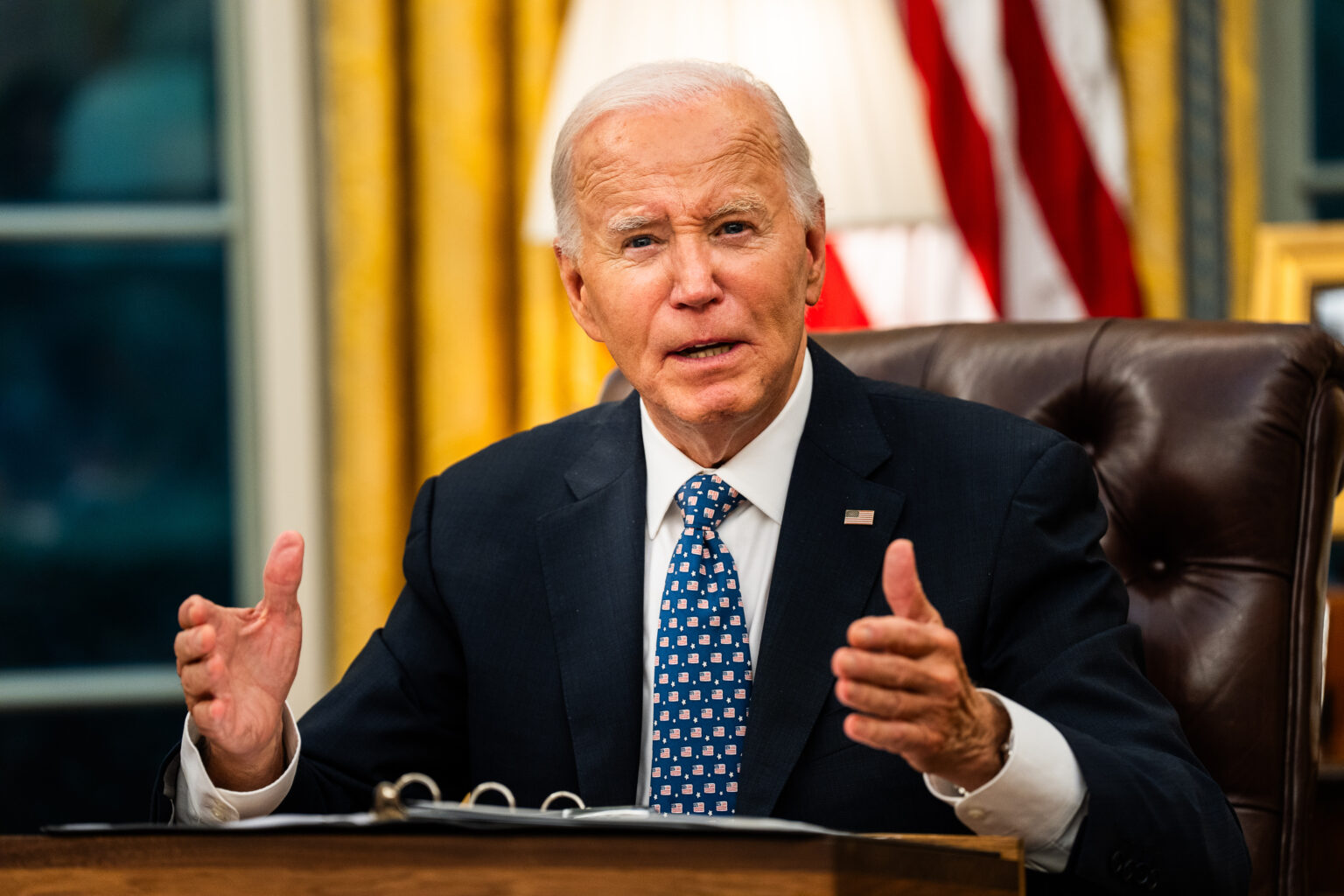Political Investigations and Conspiracy Theories: The Autopen Controversy and Its Impact on U.S. Politics
The Initiation of a Controversial Inquiry
Recently, President Donald Trump authorized an investigation into allegations that aides to President Joe Biden may have concealed his cognitive health and misused presidential powers. This move has ignited intense debate and speculation across political circles and social media platforms. Mike Howell, executive director of the Oversight Project-a conservative think tank affiliated with the Heritage Foundation-expressed enthusiasm for the probe. Howell claims to have supplied investigative materials to both the White House and the Justice Department concerning the Biden administration’s use of the autopen, a device used to sign official documents automatically.
The Autopen and Its Role in Presidential Administration
The autopen, a mechanical signing device, has historically been employed by U.S. presidents to manage the vast volume of paperwork they face daily. While its use is standard practice, critics, including Trump allies, have raised concerns about its potential misuse. The current controversy centers on whether Biden’s aides signed documents with the autopen without his direct involvement, raising questions about his mental acuity and decision-making capacity during his presidency.
Allegations and Political Motivations
Trump and his supporters have propagated claims that Biden’s use of the autopen was part of a broader scheme to obscure his health and cognitive state. During a podcast interview, Trump suggested, without presenting concrete evidence, that the autopen was manipulated by others, effectively implying that Biden was not in control of his actions. These assertions echo longstanding conspiracy theories that have circulated on social media and right-wing outlets, often amplified by political figures seeking to undermine Biden’s credibility.
In addition to the autopen allegations, Trump has promoted other unfounded conspiracy theories, such as the false claim that Biden was “executed” in 2020 and replaced by a double. These narratives serve to energize his base and distract from other political issues, including legislative priorities and policy debates.
Official Responses and Legal Context
The White House has dismissed these claims, with Deputy Press Secretary Harrison Fields emphasizing that questions about who was truly running the country are within the president’s rights. He criticized critics for labeling Trump a conspiracy theorist and pointed to previous instances where Trump promoted controversial theories, such as the origin of COVID-19.
Legal experts note that using an autopen to sign documents is a common and accepted practice. A 2005 guidance from the Justice Department’s Office of Legal Counsel clarified that presidential signatures can be valid even if not personally signed by the president. Therefore, any attempt to invalidate Biden’s official acts based solely on autopen use lacks legal foundation.
The Political and Media Landscape
The investigation into Biden’s use of the autopen has gained traction among Republican lawmakers. House Oversight Committee Chairman James Comer announced plans to expand inquiries into Biden’s mental health and the autopen’s role, requesting testimonies from former aides. These efforts are part of a broader strategy to scrutinize Biden’s presidency and question his capacity to govern.
Trump himself has publicly speculated about the autopen’s control over Biden’s actions, suggesting that the “real president” was the person operating the device. This rhetoric has been reinforced by social media posts and memos from conservative groups, which have claimed that the authenticity of Biden’s signatures and decisions cannot be verified.
The Broader Context of Political Misinformation
This controversy is emblematic of a pattern where political figures and their supporters leverage conspiracy theories to influence public perception. Trump’s history of promoting falsehoods-ranging from the origins of COVID-19 to the legitimacy of the 2020 election-has demonstrated how misinformation can shape political discourse and incite unrest. The current focus on the autopen is no exception, serving as a tool to question Biden’s legitimacy and mental fitness.
Public and Political Reactions
While Biden has dismissed these allegations as distractions, the investigation has resonated with his critics, who see it as a means to undermine his presidency. Conversely, many Democrats view these efforts as baseless attempts to politicize health and mental health issues for partisan gain.
The investigation’s development continues to unfold, with some Republican lawmakers calling for interviews with former Biden aides and examining the legality of presidential signatures. Meanwhile, Trump’s persistent promotion of these theories underscores the ongoing influence of misinformation in shaping political narratives.
Conclusion: The Power of Misinformation in Modern Politics
The debate over Biden’s use of the autopen highlights the complex interplay between political strategy, misinformation, and public perception. As investigations proceed, the line between legitimate oversight and conspiracy-driven politics remains blurred. This episode exemplifies how unfounded claims, when amplified by influential figures and social media, can impact national discourse and influence electoral dynamics. The ongoing saga underscores the importance of critical scrutiny and factual integrity in the face of pervasive misinformation.

